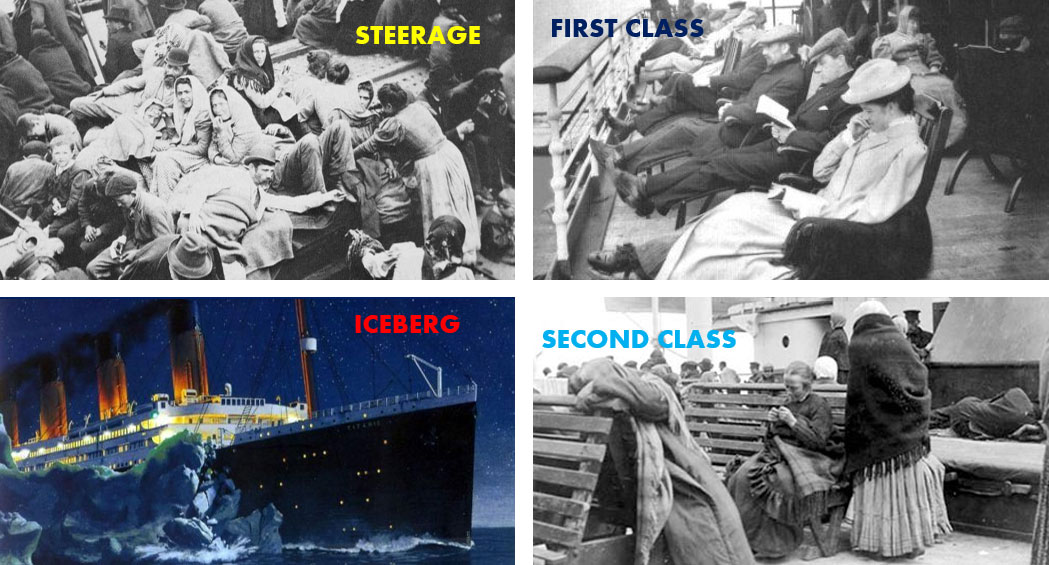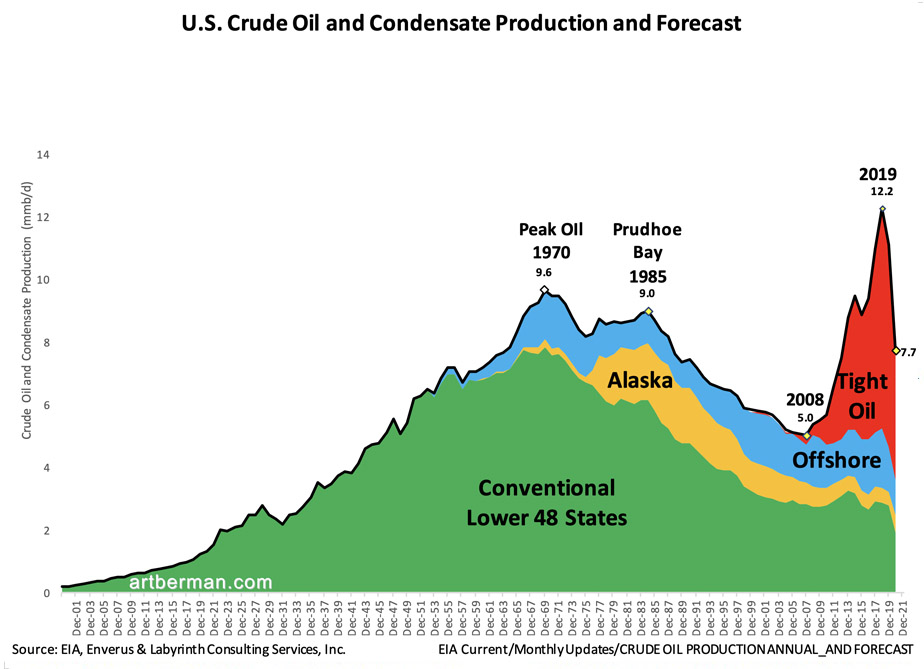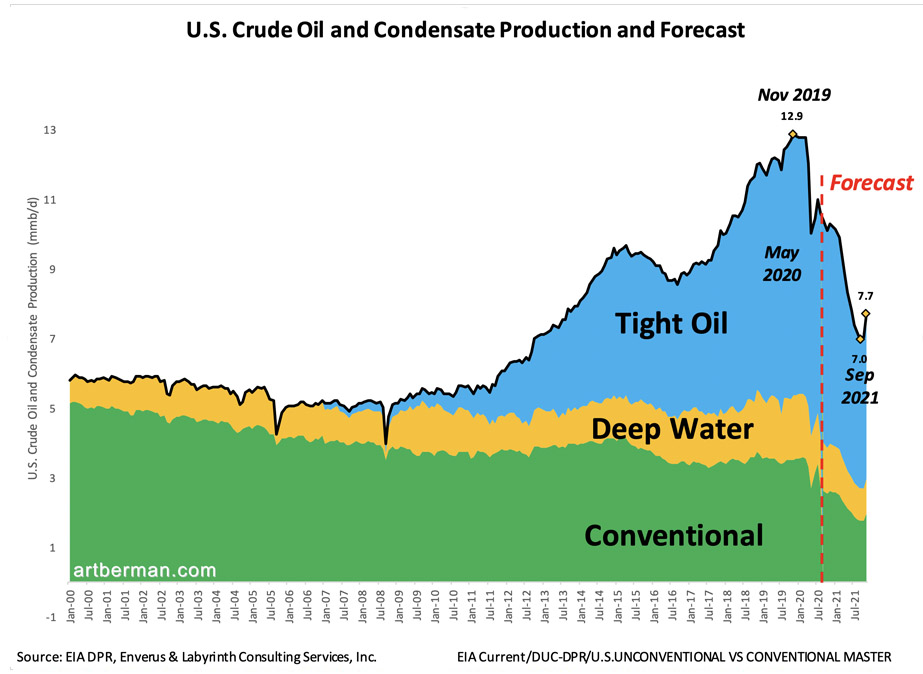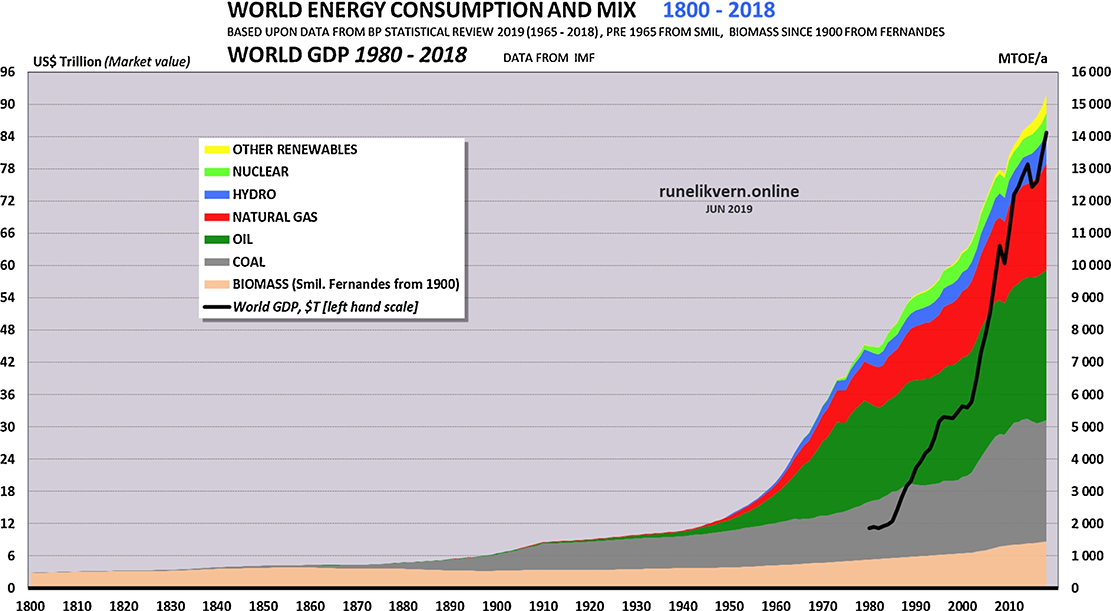The Unspoken Premise Of Modern Capitalism Is That The World Will Be Saved By Greedy Tech Oligarchs. Caitlin Johnstone. Dec. 29, 2020.
Psychopathic neocon Nikki
Haley is greasing the wheels for her 2024 presidential campaign by screaming
that America has been taken over by socialism.
“2020 was the year socialism
went mainstream,” Haley tweeted today.
“The dangerous ideology, which has failed everywhere it has been tried and
ruined countless lives, is on its way to becoming the default economic policy
of the Democratic Party. This terrifying trend threatens the future of every
American.”
Ah yes, America.
The country where Republicans spend all day screaming that socialism is
happening and Democrats spend all day making sure it never does.
Meanwhile, outside of Nikki
Haley’s magical fantasy world where Joe Biden is ushering in a Marxist world
order and Bernie Sanders is personally guillotining billionaires in Central
Park, Americans are being denied
financial support and healthcare even as millions are thrown out of
work during the pandemic.
In reality, the world is
still very much locked into zealous worship of the great god known as
capitalism. And it is choking the world to death.
We live on a finite planet
of finite resources with a finite ecosystem that has a finite capacity to
absorb punishment without becoming uninhabitable. Science tells us we are fast
approaching the breaking point at a debatable rate of acceleration.
Depending on what scientists you believe we could get there in several decades,
or it could be a whole lot sooner.
Capitalism, the predominant
driving force of human behavior in our world right now, offers exactly two
potential solutions to this dilemma. The first is to pretend the dilemma
doesn’t exist, which is why a Venn diagram of climate denialism and support for
capitalism is always going to be a near-perfect circle. The second is the
entirely faith-based hope that some kind of sustainable technological
innovation is going to save the day before our behavior drives us off the cliff
of extinction.
Which means the only answer
capitalism has for the current plight of our species is the blind-faith belief
that the world is about to be saved, any minute now, by a handful of union-busting
tech billionaires who choose every single day not
to use their vast fortunes to end world hunger. That is the unspoken premise in
the argument for the continuation of capitalism.
Since ideological echo
chambers tend to develop their own dialects and definitions which can make
cross-ideological conversation damn near impossible, I should clarify that what
I mean by capitalism is the current system dominating our world today wherein
human behavior is driven as a whole by the pursuit of capital. The current
system of profit-seeking and competition as the primary determining factor of
what humans are doing on this planet.
Profit-chasing as the
driving factor in human behavior is what got us here. As long as it remains
profitable to destroy the environment and human behavior is driven by profit,
then humans will continue destroying the environment.
Inevitably. This will have to happen.
So for purposes of this
conversation it’s actually irrelevant whether capitalism enthusiasts believe
the current system is “real capitalism” or not, whether you believe the markets
are “free” or not, or whether or not you prefer Austrian over Keynesian models
of economic theory. Since we’re talking about any system where
profit-chasing and competition drives human behavior at mass scale, we are
necessarily talking about whatever pet definition of capitalism you happen to
prefer.
So there’s no need to play pedantic
word games about this.
So, again, the only argument
for our species continuing along its current trajectory is the entirely
faith-based belief that some greedy anti-union plutocrat like Elon Musk is
going to promote new technologies which make it unprofitable for any humans to
destroy the environment, and do so quickly enough to evert ecological disaster.
Which is slightly dumber than believing the world has been saved by the
election of Joe Biden.
The plutocratic class are
not good custodians of our world. They are not good people. They are not wise.
They are not even particularly intelligent. They’re just a very profitable sort
of clever, and have a willingness to crush anyone who gets in their way.
The plutocratic class has
been buying up
control over our political systems to ensure maximum profit, buying
up news media outlets to propagandize the masses into supporting the
status quo they’ve built their kingdoms on, and forming
alliances with sociopathic government agencies which murder people
around the world to ensure continual US unipolar hegemony. These are the people
we’ve placed in charge of the innovation and distribution of emerging
technologies, and we’re meant to believe that they will save the world?
They will not. They will
keep chasing power and profit until we drive ourselves off the cliff of
extinction. It’s all they know how to do.
We’re never going to compete
and consume our way out of the existential crisis we’ve competed and consumed our
way into. Capitalism will never make it more profitable to leave a tree
standing than to cut it down, to leave fuel sources in the ground rather than
dig them up. Money has no wisdom, no matter how inflation-proof and gold-backed
you might want to make it. Markets cannot navigate us through this crisis, no
matter how “free” you might try to make them. Capitalism is the problem. Not
the wrong kind of capitalism. Just capitalism.
The only way humanity
survives the looming existential threats of ecological collapse and nuclear war
it now faces is if it radically transforms from a competition-based model to a
collaboration-based model. One where we collaborate with each other and with
our ecosystem to clear the massive hurdles that are rapidly approaching instead
of stepping on each other’s heads in a mad scramble to stay afloat and
destroying our ecosystemic life support system for profit.
Even if you want to make
the extremely debatable claim that
socialism has failed everywhere it’s been tried, an earnest reckoning with our
situation will force you to admit that capitalism has failed too. Our system of
insatiable profit-seeking to the detriment of our world has led us to the brink
of extinction, which is as spectacular a failure as any system could possibly
manage. How much of a failure is a system that gets everyone killed? All of it.
All the fail.
So it’s kind of a
nonsensical position to argue that a movement away from competition and
profit-seeking is untenable because it’s never been done before, because our
current disastrous situation is the direct result of everything we have already
tried. Everything we’ve done led us to this point. If we are to survive as a
species, we’re necessarily going to have to do something that is entirely
unprecedented. We’re going to have to transcend our old patterning and do
something completely new.
A world where human behavior
is driven by collaboration in the interests of humanity and our ecosystem
instead of competition and profit seeking would indeed be wildly unprecedented.
Our current crisis is itself also wildly unprecedented. This is evolve-or-die
time.
We are living in
unprecedented times, and unprecedented times call for unprecedented measures.
We need to stop clinging to our old failed ways of doing things and find the
courage to step into an entirely new way of being.







